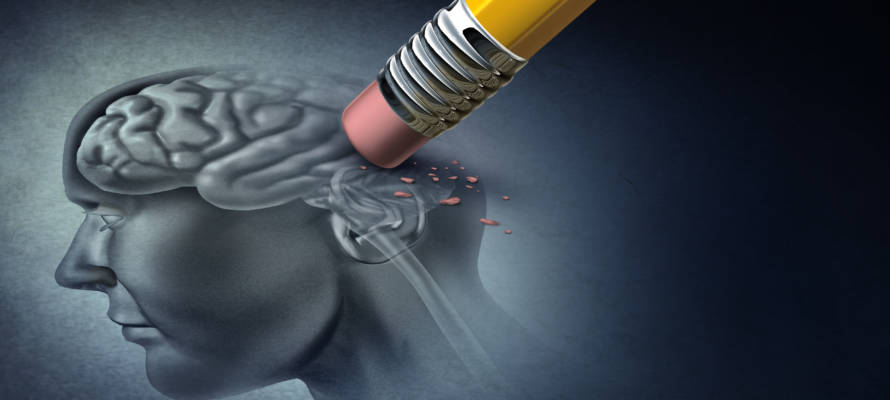The chip aims to insert a key chemical into the brain that thwarts abnormal protein accumulation.
By United with Israel Staff
Researchers at the Technion-Israel Institute of Technology in partnership with Bar-Ilan University recently created a new technology to deliver treatment to Alzheimer’s patients that can help inhibit the development of the disease.
The Israeli research team developed a nanoscale silicon chip that can be loaded with protein busters, which is small enough to get through the blood-brain barrier without being detected.
The blood-brain barrier, which protects the nervous system from all foreign substances, cannot differentiate between what is good and what is bad, and tries to keep both out. This is why most medicine that could potentially treat brain diseases rarely ever reaches the brain.
The Israeli chip, however, may be able to change that.
The research was led by Professor Ester Segal and Ph.D. student Michal Rosenberg from the Technion Faculty of Biotechnology and Food Engineering, and their partners, Professor Orit Shefi and Ph.D. student Neta Zilony-Hanin from the Bar Ilan University Faculty of Engineering.
By way of background, Alzheimer’s is a degenerative disease of the brain that causes a gradual loss of memory, judgment, and ability to function.
The disease is mainly caused by the accumulation of abnormal proteins in the brain, which kills nerve cells and disrupts brain processes.
Treatment for the disease requires the insertion of a specific protein into the brain that busts the abnormal accumulation. While this is easier said than done, the new Israeli chip may be able to do that on a consistent basis.
In a series of experiments, we showed in mice that the two ways of delivering the platform into the brain led to the desired result,” said Rosenberg. “Furthermore, our technology has also been tested in a cellular model of Alzheimer’s disease and indeed, the protein release has led to rescuing the nerve cells.”
